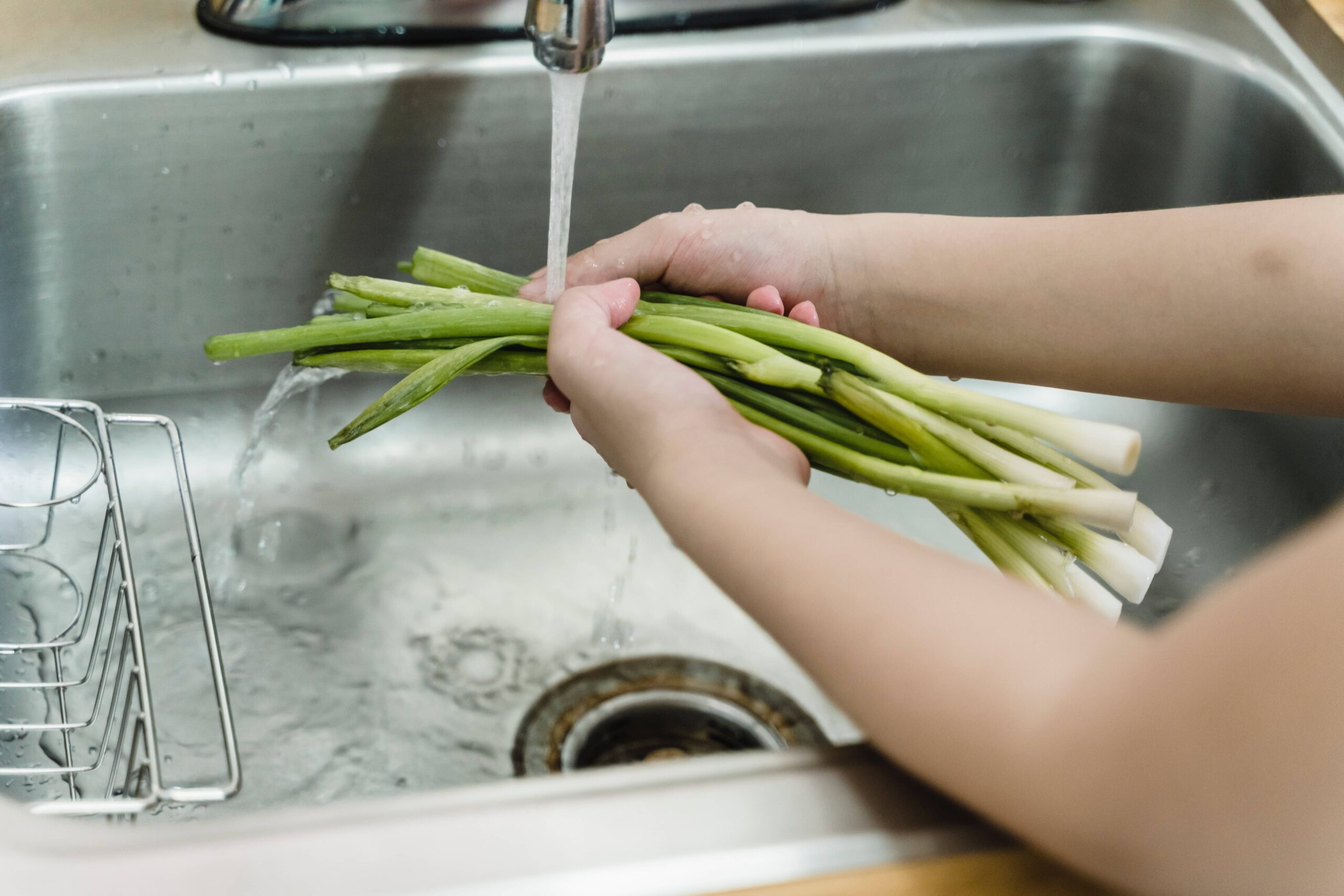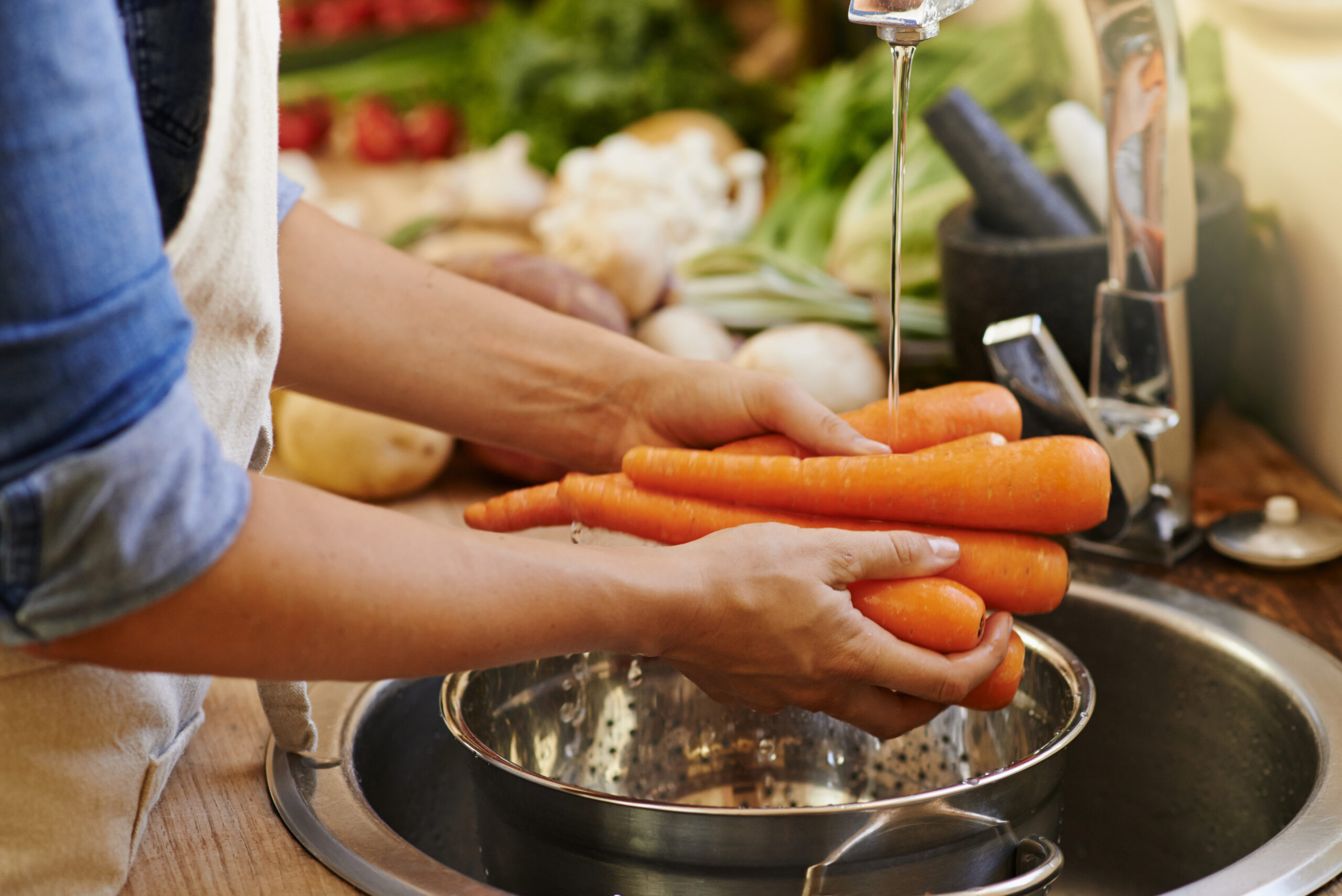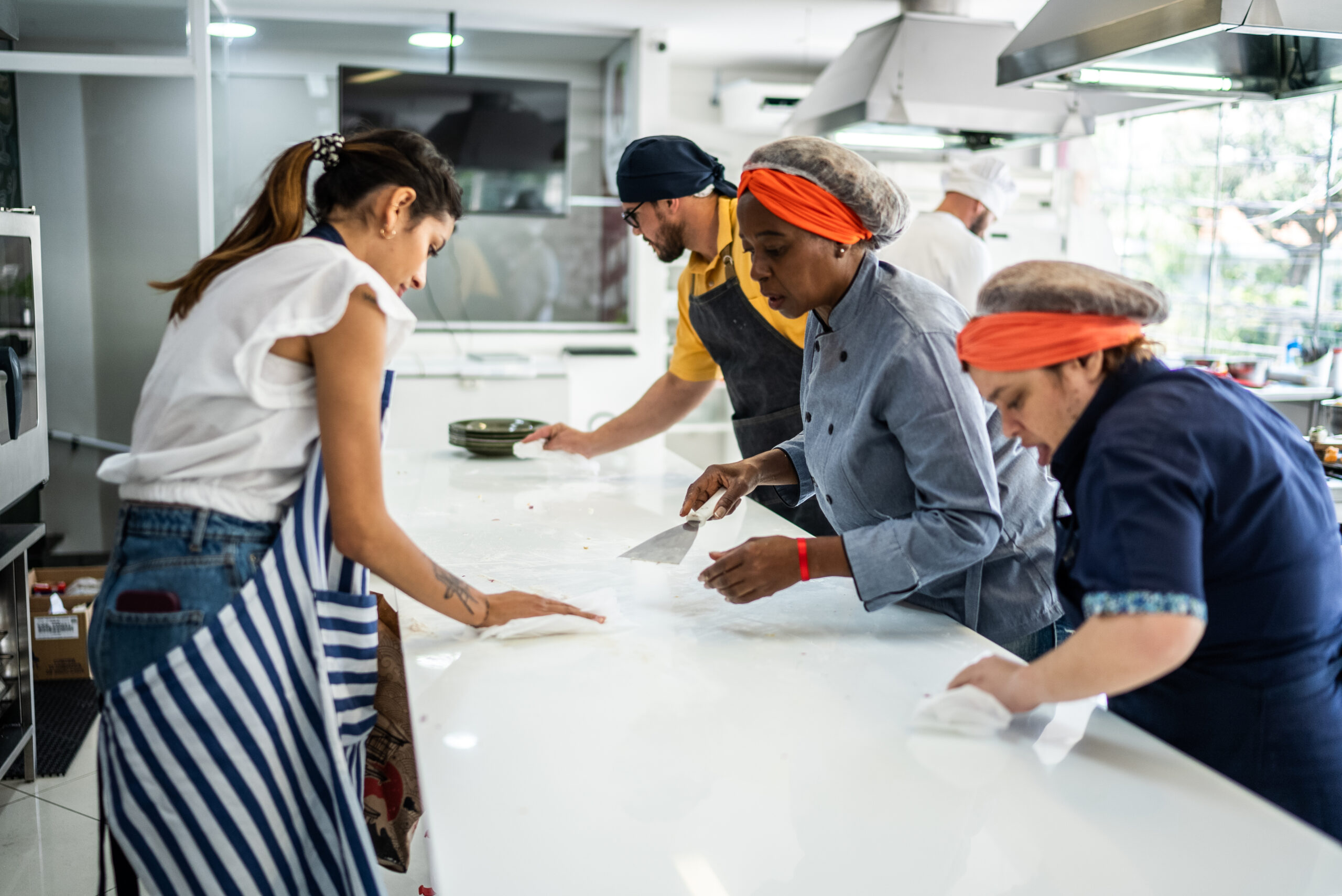There are tons of practices, guidelines, and frameworks regarding food safety. Making sure that food is safe for consumers is the responsibility of any food handlers—whether you are a chef at a restaurant, food stall, or cooking for your family at home.
When talking about food safety, the term ‘personal hygiene’ is often mentioned. Though personal hygiene is a common practice in everyday life, it is quite essential to be upheld in the matter of food safety.
In this article, we’re going to talk about the relationship between the two; personal hygiene and food safety. More importantly, how your quality of personal hygiene would affect your level of food safety.
What is Personal Hygiene?
In simple terms, personal hygiene is a concept that people keep in their daily lives in order to protect their health and cleanliness. It involves cleaning your body parts with soap. This includes the body, hair, hands, nails, feet, mouth, teeth, and clothes you wear.
The objective is not just to look clean and neat, but most importantly to minimise germs infestations. Germs and bacteria can grow easily in unclean bodies and can lead to causing illnesses. The fact is, many diseases develop due to lack of personal hygiene, e.g parasites, worms, scabies, sores, tooth decay, diarrhoea, and dysentery.
The benefits of maintaining good personal hygiene are not just preventing diseases, but also removing foul body odour, decreasing muscular tension, increasing skin health, better appearance, and many more.
Maintaining good personal hygiene is done through the way we keep our bodies clean, the way we keep our surroundings clean, physical exercise, and the food we eat. And this brings us to the importance of food safety.
What is Food Safety?
Humans need food to survive. However, what good is food when it decreases your chance of surviving?
Foodborne illness is not something you should underestimate. According to WHO, each year there are 600 million cases of foodborne diseases resulting in around 420,000 deaths.
This is where food safety is of utmost importance. It is an important aspect of the production, handling, preparation, processing, distribution, and proper storing of food, to ensure the health and safety of consumers
Maintaining food safety is the collective effort of every stakeholder, including the government, the merchants, and the consumers themselves. Some countries even created frameworks to upkeep food safety, like the SAFE framework created by Singapore Food Agency (SFA).
The Relationship Between Personal Hygiene and Food Safety
As mentioned above, food safety practices cover almost every aspect of food production and handling. Handling food means we need to come in contact with the food material. Therefore, to make sure the food is safe from hygiene risks, the personal hygiene of food handlers needs to be maintained properly.
To put it simply, food safety is the goal, and personal hygiene is one of the most important tools to achieve it. Without proper hygiene, food is not safe.
Imagine it like this: would you eat something that is cooked by someone with foul body odour, dirty nails, and dirty clothes? Certainly, you would think twice before putting that food in your mouth.
Essential Practices of Personal Hygiene in Food Safety
In order to achieve maximum food safety, there are a few practices of personal hygiene you need to implement in your food handling routines. Here are some of them:
1. Washing Hands
Washing hands is the foundation of maintaining personal hygiene, especially for food handlers. Though simple, washing hands properly could prevent the possibility of diseases and germs transferring to foods.
Proper hand washing includes the following steps:
- Use clean running water to wet your hands
- Apply soap and scrub your hands for at least 20 seconds
- Make sure to rub thoroughly, including the back of your hands, between the fingers, and under the fingernails
- Rinse off the soap
- Dry your hands using a clean towel
You should always wash your hands frequently. It is mandatory, especially in these situations:
- Before you start working
- After handling raw foods
- Before handling cooked foods
- After handling garbage or food waste
- After you went to the toilet
- After coughing, sneezing, or blowing your nose
- After eating
- After smoking
2. Personal Health
Food handlers should prioritise their health at all times. If you are ill, inform your supervisor as soon as possible. You should stay away from the kitchen when you’re feeling under the weather. At least until your physician tells you that it is okay to go back to work.
If you have cuts or wounds, disinfect them properly and cover them with water-proof bandages.
3. Clean Workwear
Work clothes should be exclusively for work and food handling, and should not be taken out on the street or in places where they may become contaminated.
Always use clean gloves. Discard dirty or ripped gloves right away. It’s always better to use new gloves for each food handling process.
Use hats or hair nets to prevent your hair from falling into foods. Since objects may accumulate dirt, it is better not to use any accessories or jewellery when handling food, such as rings, earrings, watches, pendants, bracelets, etc.
If you are a restaurant or food establishment owner, it would be best to have all your staff equipped with the proper knowledge of food safety. You can do this by having your staff upskilled in the WSQ Food and Hygiene Courses provided by Skillmaster Training Centre.




